How often do you put time and effort into a new lead, only to discover they could have never become clients anyway? How do you feel when you finally realize that a lead has either no budget or need for your product? I’m sure you’ll agree that sales become even more challenging when you notice how much time you waste processing dud leads, on average.
Luckily, there is a solution:
Pre-sales Survey.
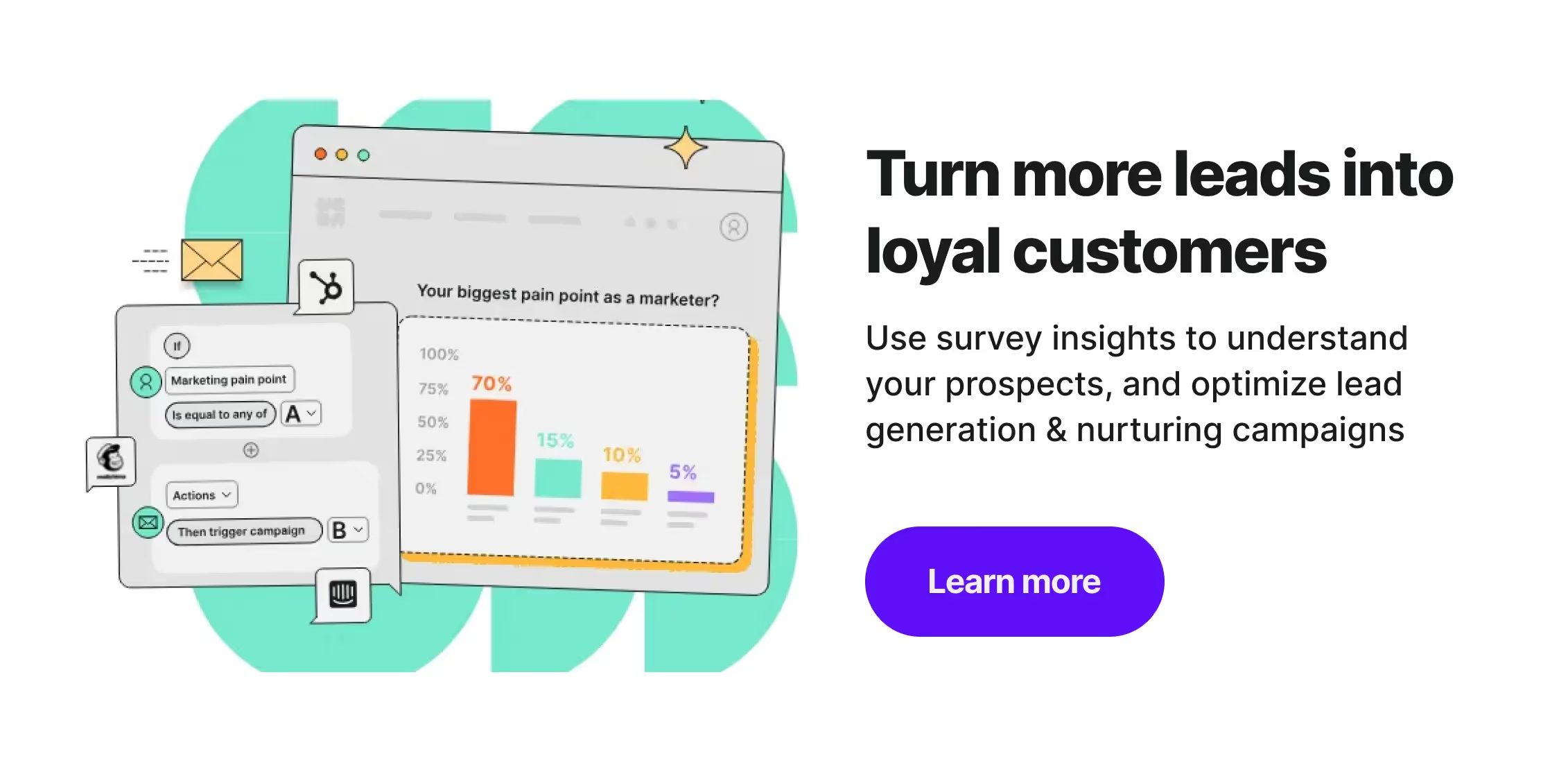
What is a Pre-Sales Survey?
A pre-sales survey is a type of survey a company can use to collect qualifying information about new leads. A pre-sales survey allows a business or its sales team to understand the lead better, starting from their needs, up to the context behind their inquiry.
By running pre-sales questionnaires, a company can reduce the investment into processing bad leads and speed up and improve its sales process with the potential customers' feedback.
But why survey leads, in the first place?
Shouldn’t your sales people be connecting with new potential clients right away? Shouldn’t they get them onto the discovery call as quickly as possible? And use that initial interaction to find out how your products or services could help a lead?
In theory, yes. But given the time and effort involved in processing every lead, talking to them all would, most likely, put a serious strain on your resources.
Here, let me show you…
Your sales team could find themselves stuck on calls quickly. They’d spend time talking to people who could never become clients. Sending proposals no one would ever sign off and chasing up with leads who might not even need what you offer right now.All of the above could prevent them from focusing on high-quality leads. And that’s just because they’d be bogged down with too many inquiries.
Similarly, not knowing anything about a lead would force them to treat every new inquiry the same way.
The result? A much longer sales cycle that could, in fact, deter a potential client from ever reaching the end.Without solid insights about leads, you’ll, most likely, find personalizing the sales experience impossible too.
You simply wouldn’t know what aspects of your product or service interests a lead the most. And, in turn, what to focus on when selling to them.
Gathering comprehensive insights about your leads turn all of this around. Such knowledge helps you overcome the biggest lead generation and sales challenges:
- Generating high-quality leads
- Converting leads into customers
- Demonstrating the ROI of buying from you
- Guiding a prospect through a lengthening sales cycle
- Communicating product value
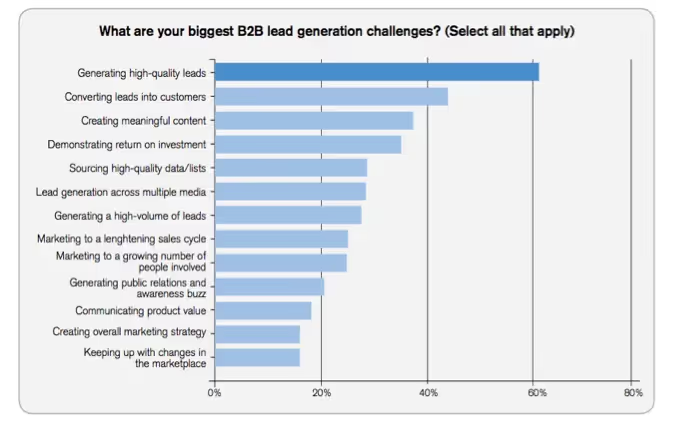
Why Is Pre-Sales Survey Important?
Pre-sales survey is important because:
- Simplifies the lead qualification process. At least half of your prospects are not a good fit for your business. A pre-sales survey allows you to identify the best ones before you invest the time and effort into them.
- Saves time normally wasted on bad leads. Pre-sales surveys help validate lead data, qualify them faster, and ensure salespeople engage only with the best leads.
- Reduces preparation time. To succeed, your sales team has to conduct an incredible amount of research about each prospect and lead. Pre-sales surveys deliver that insight directly from the source, cutting the prep time significantly.
- Shortens the sales cycle. Knowing a lead’s preferences and expectations can help tailor the experience and move them to the decision stage faster.
- Improves sales message targeting. Similarly, knowing what a lead is looking for helps focus the entire communications around those issues, making the entire sales experience more relevant.
PRO TIP: Pre-sales survey might seem pushy to some leads. Your potential customers might not want to reveal additional information about themselves, their business, or discuss why they are seeking out your solution in the first place. And they might perceive your efforts to gather such insight as pushy. So, be careful with this.
💡YOU MAY ALSO BE INTERESTED IN: Lost sales opportunity form template
How to Use Pre-Sales Survey in Sales Process
One of the most common questions I hear from our clients interested in surveying their leads is how to use a pre-sales questionnaire.
What sort of information should you ask about to qualify them? And at what stage of the relationship with a lead should you send them?
Here are some ideas to help you implement these surveys in your sales process.
I focused on two qualifying models: BANT and Champ.
- In the BANT model, you evaluate that by assessing four factors: the budget, authority, need, and timing.
- In the Champ model, on the other hand, looks at the lead’s challenges, authority, money, and prioritization.
Although they differ in some ways, each aims to achieve the same outcome: To assess the likelihood of a lead to become a customer.
Insights from each will help you establish whether a person contacting you is likely to buy your products or services.
💡 YOU MAY ALSO BE INTERESTED IN: Key buying criteria research survey template
How to Gather Data With Pre-Sales Surveys
#1. Survey leads before the discovery meeting
For many salespeople, the discovery meeting is the opportunity to gather more information about a lead and assess the value of moving forward with them.
However, such an approach means that they have to invest time and effort into leads who present no opportunity for a sale too.
Plus, without any additional information about a lead, it’s hard to turn the meeting into anything they could get value from.
Asking leads for more information about their company, current challenges, and solutions they’ve used so far to overcome them will help you identify the best ways to:
- Deliver more value to a lead
- Avoid working off assumptions about them
- Allow you to kick-start the sales process with the most relevant information to them right away
#2. Ask about your prospect’s challenges before the demo session
A product demo is critical for moving a buyer deeper into the sales process. By being able to sample the product, and – ideally – see how it can help solve their specific problem, a person can agree to buy it.
The challenge? For a demo to work, you must tailor it to a lead’s specific situation. Otherwise, you run at the risk of presenting aspects of your offering that are irrelevant to them.
Sending a pre-demo survey asking about the lead’s difficulties and their current setup will help you understand how to demonstrate the higher value of the presented product.
#3. Send a lead quality questionnaire to qualify a person
Regardless of whether you follow the BANT model, Champ, or use your best judgment when qualifying leads, you most likely pay close attention to lead’s authority. You want to know whether the person contacting you has the power to say “yes” to your offer.
Simple.
And so, you want to learn factors like their position in the company, responsibilities, the overall involvement in the project, and more – as quickly as possible.
One way to do it is by researching them thoroughly.
The other, and far more precise is by sending them a lead quality survey. Such a questionnaire doesn’t have to be that long.
Even asking about the person’s position in the company, and how their purchasing process looks like would reveal whether you’re talking to a decision maker.
#4. Ask leads about the quality of your demo or presentation
The majority of leads converting from a demo might suggest that your team covers the right information during that presentation.
But it doesn’t have to be so.
You see, a poor presentation would never convert anyone. But an average one might.
A prospect might be desperate for a solution, after all. And in spite of an unexceptional demo, they decide to buy your product anyway.
And so, you can never tell whether your demo blows leads away, or just delivers good enough information.
At least, not without asking them.
A pre-sale survey sent right after the demo will help you evaluate the quality of the presentation you deliver. What’s more, it could help you assess what other information a prospect would need to see to make the buying decision.
Take a look at a step-by-step survey design checklist if you'd like to make sure you're acing that survey design game.
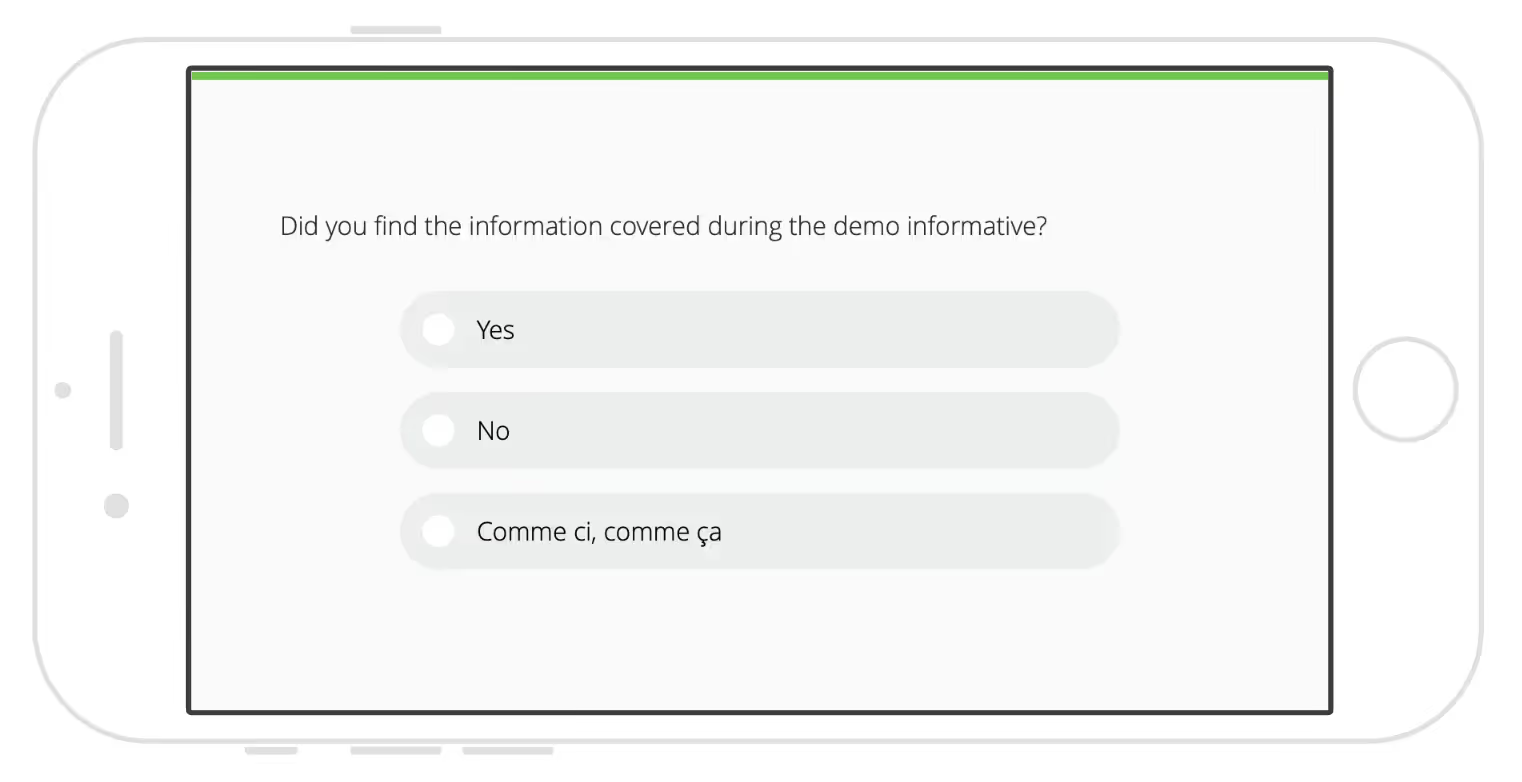
#5. Discover the lead’s pre-requirements for making the sale
This questionnaire works particularly well if you sell to enterprise-level companies. This is because many would have a highly specific sales process, typically governed by the procurement department.
And unless you meet those requirements, you won’t be considered a potential vendor.
Sending a short survey might help reveal specific steps or necessary information you would have to comply with.
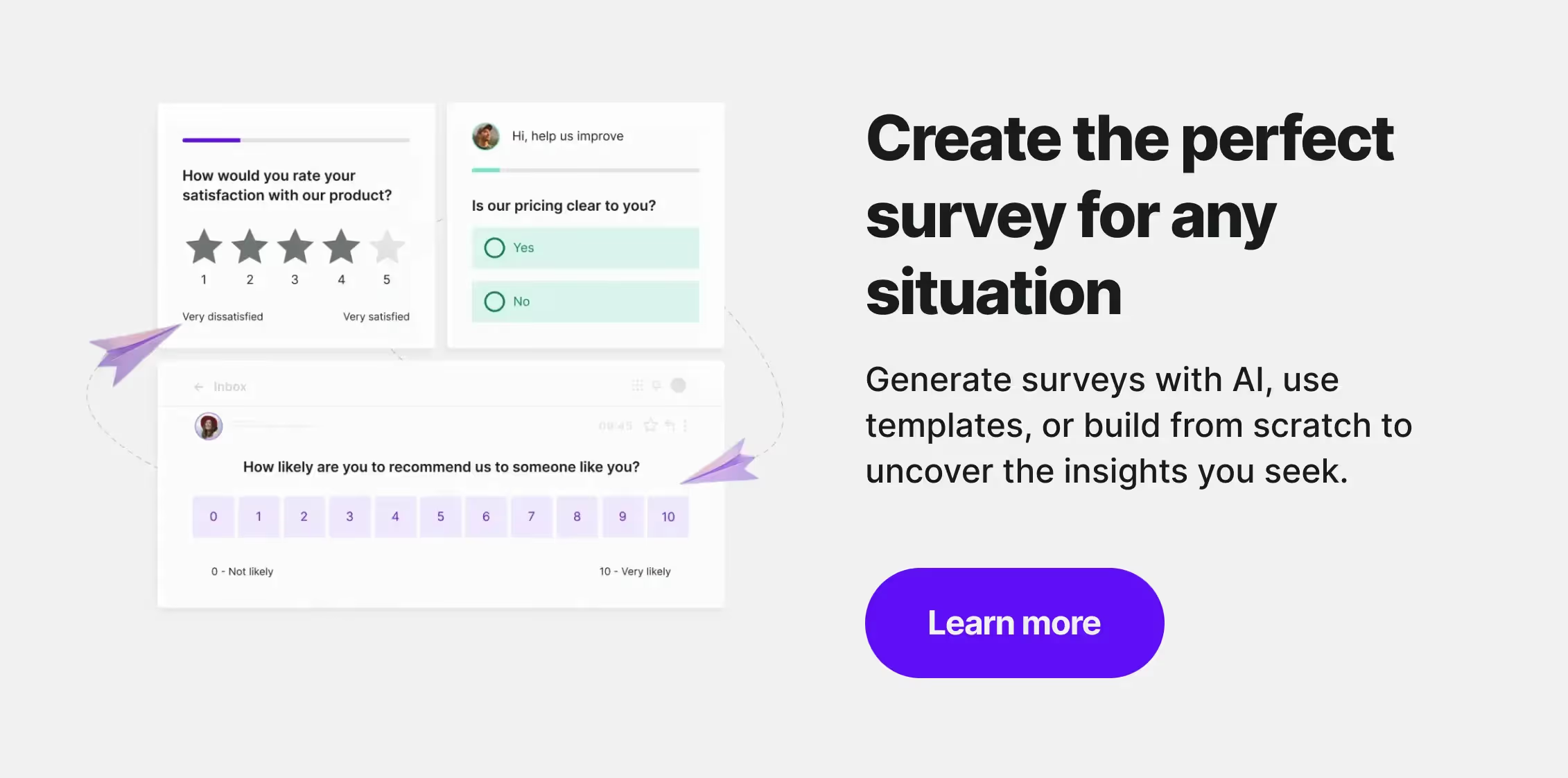
“How-to” Survey Leads – Pre-sale Survey Methods
You can survey leads in two ways – send them an email survey or place the questionnaire on the website.
And both approaches work.
But it’s sending a survey via email that gives you far greater control over their quality. You’re sending your questionnaire to a specific person, after all.
As a result, you can initiate the survey directly from Salesforce or your other CRM. You can then attach responses to the lead’s profile directly. And access it when evaluating whether to put any more effort into them.
How to do it?
Use an online survey tool – Survicate, for instance – that integrates with your CRM seamlessly, making the qualification process much simpler and almost effortless.
Sign up for Survicate's 10-day free trial and get access to all Business plan features today.

.avif)






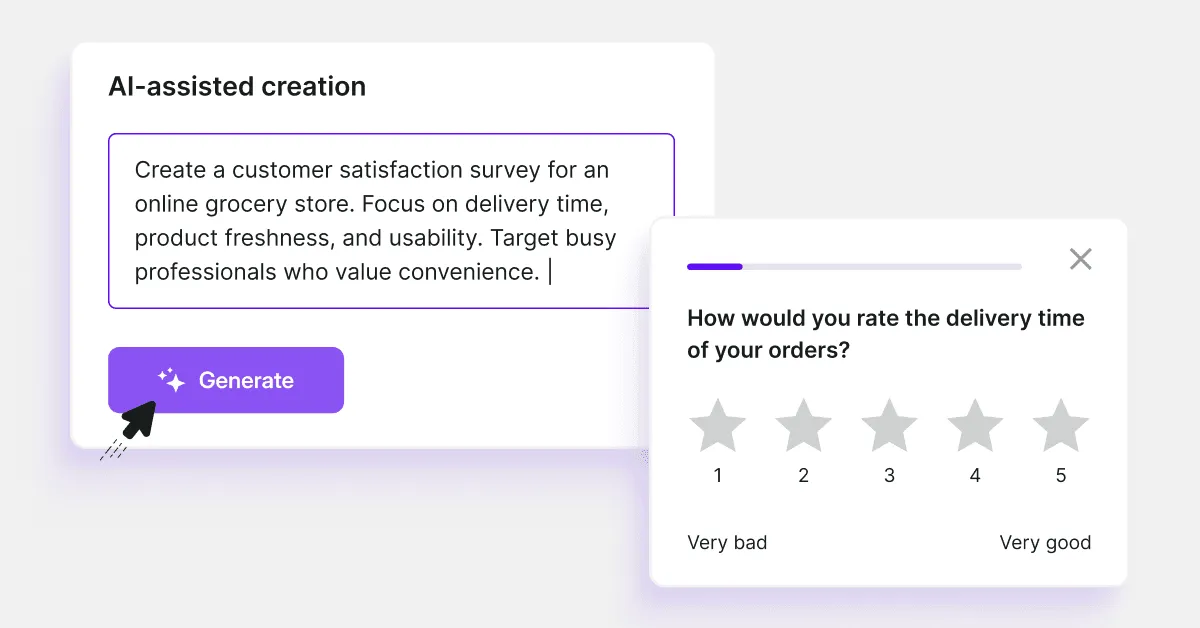
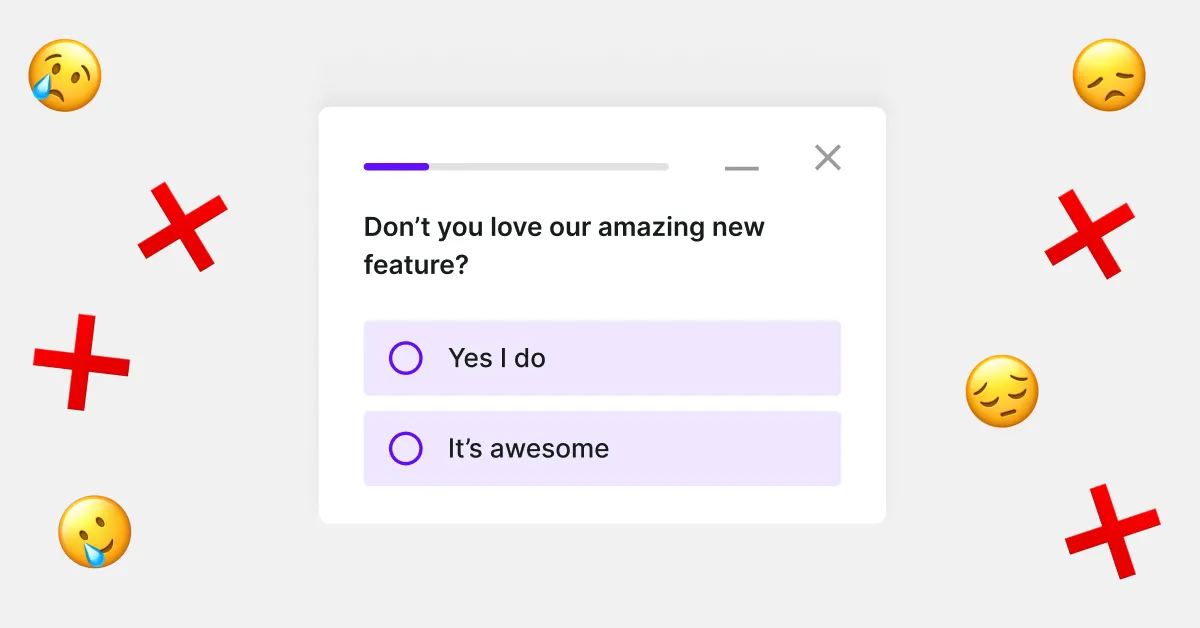
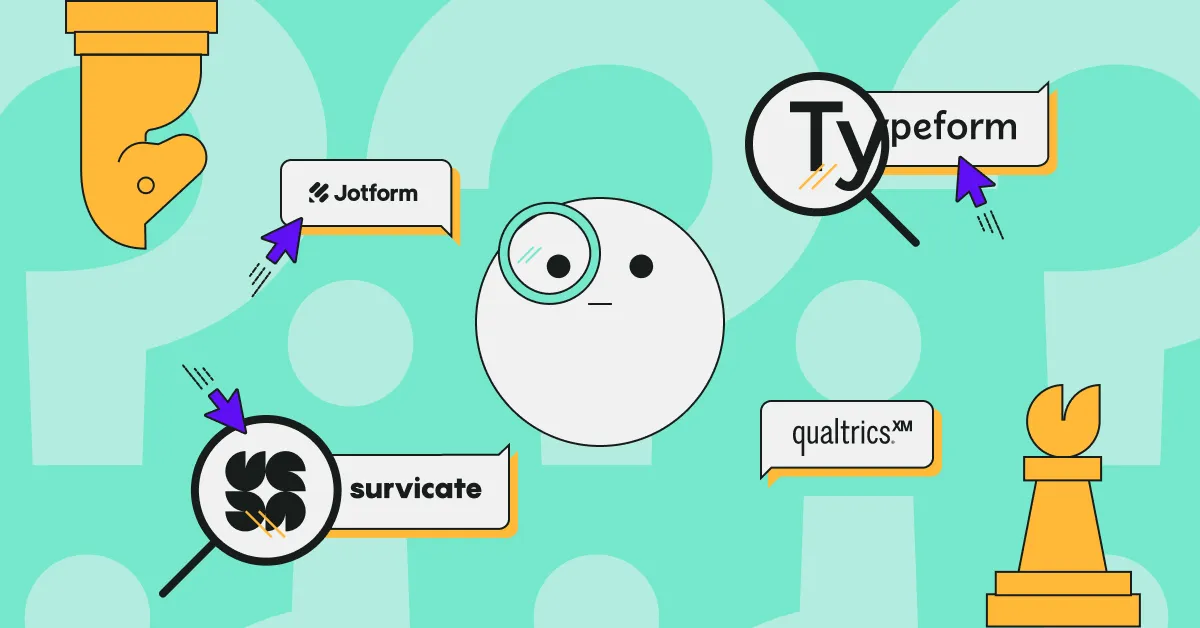
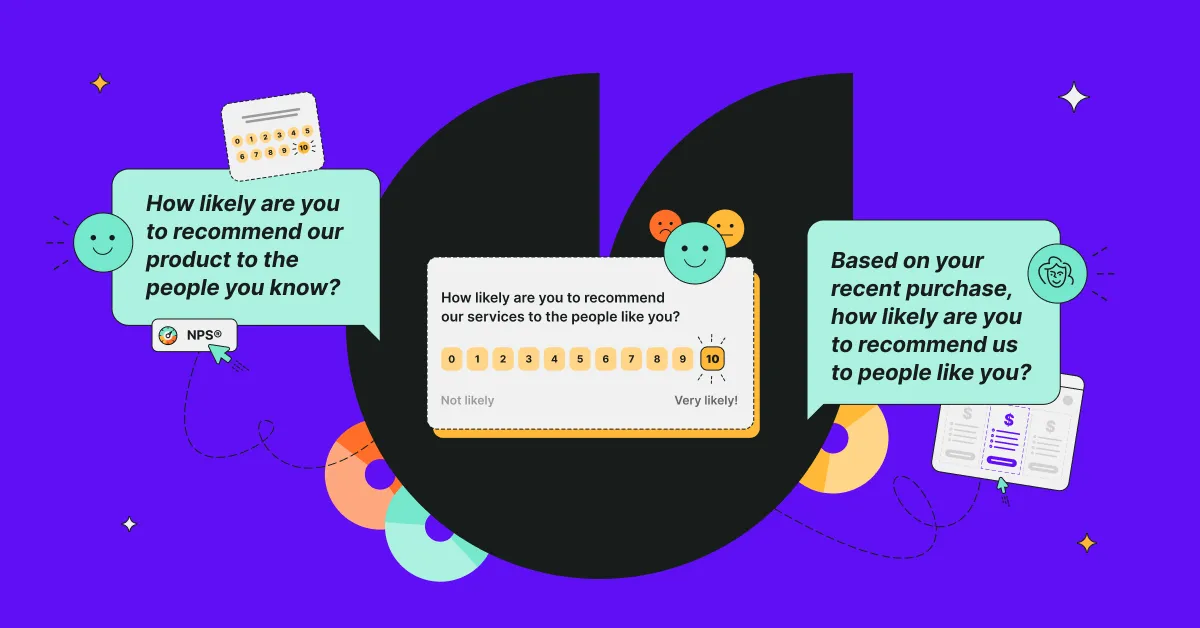
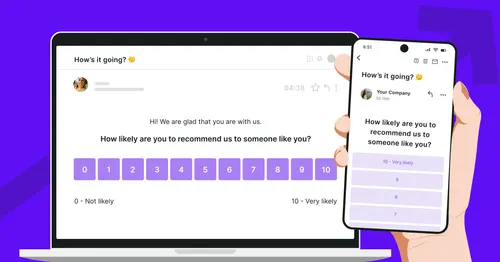
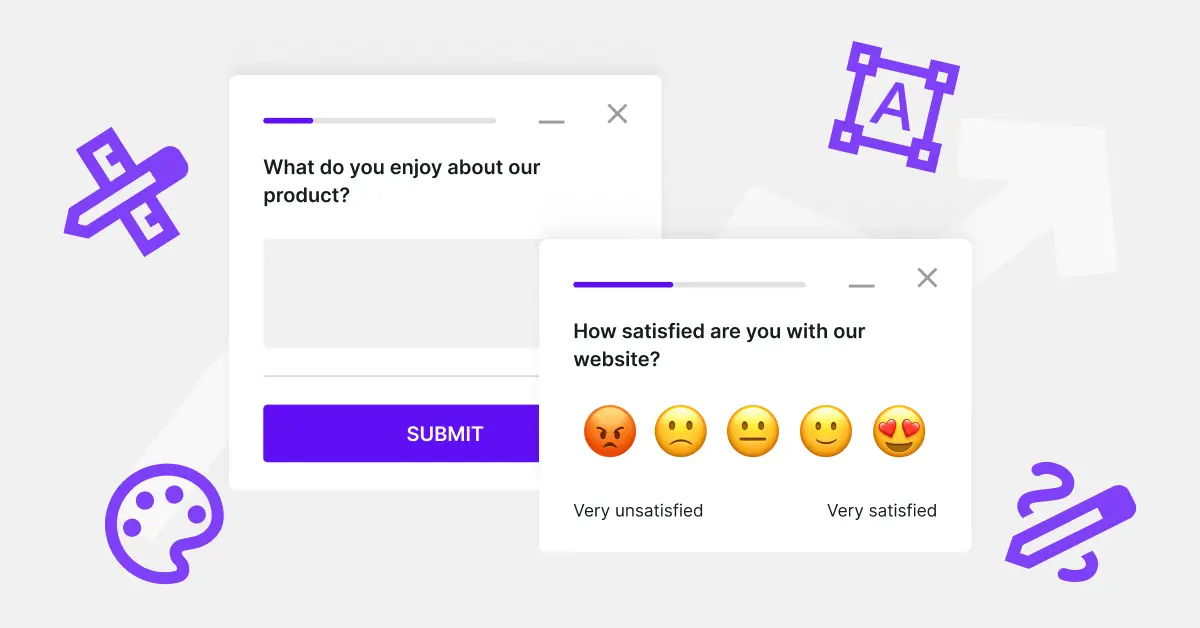
.svg)

.svg)


